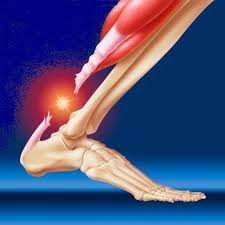rupture
英 [ˈrʌp.tʃər]
美 [ˈrʌp.tʃɚ]
- n. 破裂;决裂;疝气
- vi. 破裂;发疝气
- vt. 使破裂;断绝;发生疝
使用频率:

中文词源
rupture 断裂,破裂
来自拉丁语 rumpere,破开,断开,-pt,过去分词格,来自 PIE*reup,抓,抢,撕开,词源同 rob,rip.
英语词源
- rupture
-
rupture: see corrupt
- rupture (n.)
- late 14c., originally medical, from Latin ruptura "the breaking (of an arm or leg), fracture," from past participle stem of rumpere "to break," from PIE *reup- "to snatch" (see rip (v.)). Specifically as "abdominal hernia" from early 15c.
- rupture (v.)
- 1739, from rupture (n.). Related: Ruptured; rupturing. Ruptured duck (1945) was U.S. GI's dismissive term (based on its design) for the discharge button they were awarded.
权威例句
- 1. Sloshing liquids can rupture the walls of their containers.
- 晃动液体可以使容器壁破裂。
- 2. Certain truck gasoline tanks can rupture and burn in a collision.
- 某些卡车的油箱在碰撞时可能发生爆裂并起火。
- 3. His stomach might rupture from all the acid.
- 他的胃可能因为这些酸液而穿孔。
- 4. the rupture of a blood vessel
- 血管破裂
- 5. The incidents have not yet caused a major rupture in the political ties between countries.
- 这些事件目前尚未造成国家之间政治关系的严重破裂。